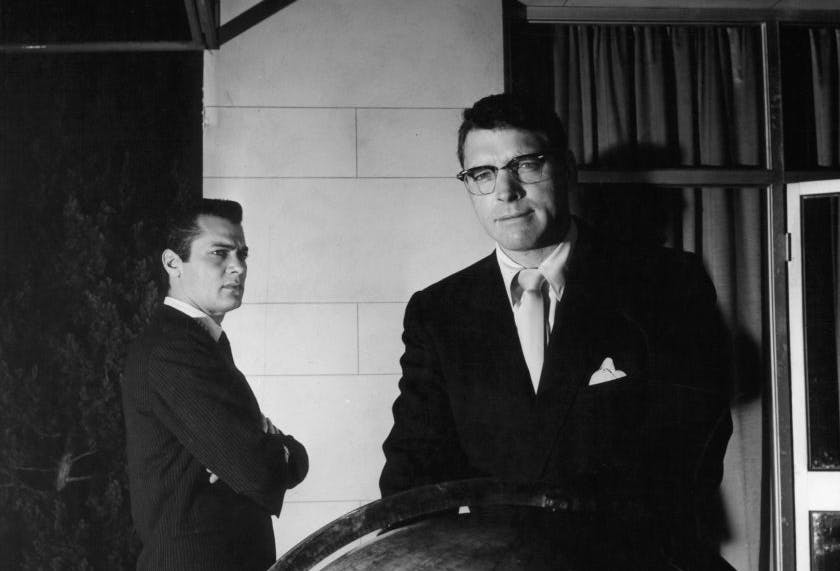
A Tale of Two Harvards
By THE NEW YORK SUN
|The 1957 classic starring Burt Lancaster and Tony Curtis skewers the quotidian quid-pro-quos between the press and the subjects of its reporting.

Already have a subscription? Sign in to continue reading

By THE NEW YORK SUN
|
By BENNY AVNI
|
By GEORGE WILLIS
|$0.01/day for 60 days
Cancel anytime
By continuing you agree to our Privacy Policy and Terms of Service.